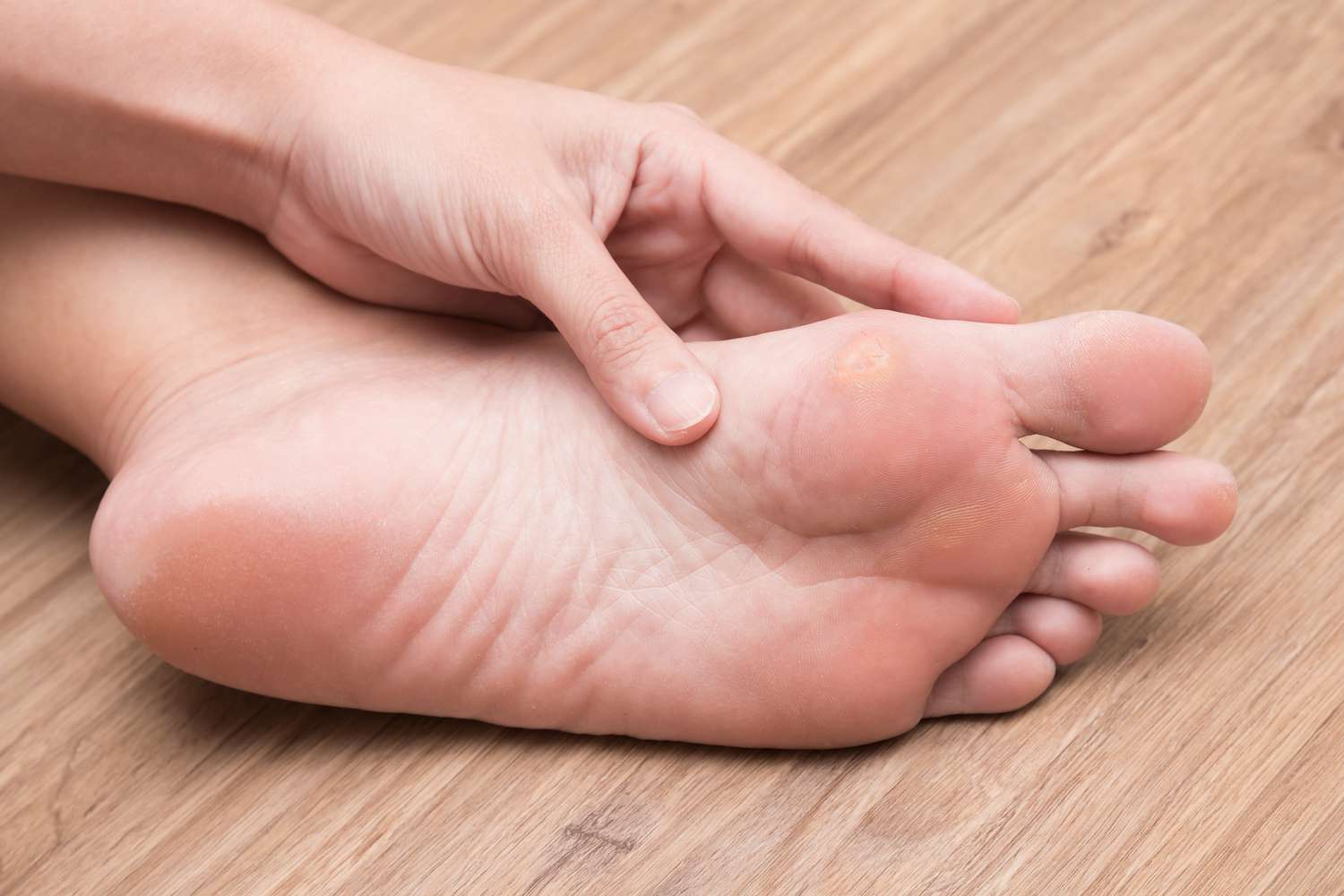Pelvic Organ Prolapse: Understanding the Discomfort
The pelvic floor is a group of muscles, ligaments, and tissues that support the organs in your pelvis, including the bladder, uterus, and rectum. When these muscles weaken or stretch, the organs they support can shift downwards, leading to a condition called pelvic organ prolapse (POP). While POP can be a cause of discomfort and inconvenience, it’s important to understand that it’s not directly related to cancer.
This guide explores the causes and symptoms of POP, clarifies its relationship with cancer, and offers treatment options and preventative measures.
Understanding Pelvic Organ Prolapse (POP)
POP occurs when the pelvic floor muscles weaken or become damaged, causing the organs they support to drop from their normal position. There are four main types of POP:
- Cystocele: The bladder bulges down into the vagina.
- Uterine prolapse: The uterus descends into the vagina.
- Rectocele: The rectum bulges down into the vagina.
- Enterocele: Small intestine pushes down into the front vaginal wall.
Causes of Pelvic Organ Prolapse
Several factors can contribute to POP, including:
- Childbirth: Vaginal delivery, especially of large babies or multiple births, can weaken the pelvic floor muscles.
- Age: As you age, the natural weakening of muscles and tissues can contribute to POP.
- Chronic straining: Chronic coughing, constipation, or heavy lifting can put extra strain on the pelvic floor muscles, leading to weakening.
- Obesity: Excess weight can put additional pressure on the pelvic floor.
- Genetics: Some women may be genetically predisposed to weaker pelvic floor muscles.
Symptoms of Pelvic Organ Prolapse
The symptoms of POP can vary depending on the severity of the prolapse and the affected organ. Some common symptoms include:
- A feeling of heaviness or pressure in the pelvis
- Lower back pain
- Urinary problems: Frequent urination, leaking urine (stress incontinence), difficulty emptying the bladder
- Bowel problems: Difficulty having a bowel movement, feeling like the bowels aren’t emptying completely
- Pain during intercourse
Pelvic Organ Prolapse and Cancer: Dispelling the Myth
While POP can cause discomfort and disrupt daily activities, it’s important to understand that it’s not a sign of cancer. Cancerous and pre-cancerous growths can occur in the pelvic organs, but POP itself is not a symptom of cancer.
Here’s a key distinction:
- POP: Weakening of pelvic floor muscles causing organs to drop.
- Pelvic Cancer: Abnormal cell growth in the pelvic organs (uterus, cervix, ovaries, rectum).
If you experience any symptoms of POP, it’s crucial to consult a doctor for proper diagnosis and treatment. During the examination, your doctor can rule out any underlying conditions like cancer.
Treatment Options for Pelvic Organ Prolapse
Treatment options for POP depend on the severity of the condition and your individual needs. Here are some common approaches:
- Pelvic floor muscle exercises (Kegels): Strengthening the pelvic floor muscles can help improve support for the organs and alleviate symptoms.
- Pessaries: These silicone or plastic inserts are inserted into the vagina to support the prolapsed organ.
- Surgery: In some cases, surgery might be recommended to repair the pelvic floor muscles or reposition the prolapsed organ.
Preventing Pelvic Organ Prolapse
While there’s no guaranteed way to prevent POP entirely, some lifestyle changes can help reduce the risk:
- Maintain a healthy weight: Excess weight puts extra strain on the pelvic floor.
- Perform regular Kegel exercises: Strengthening these muscles is crucial for pelvic floor health.
- Treat chronic constipation: Straining due to constipation can weaken the pelvic floor.
- Practice proper lifting techniques: Avoid lifting heavy objects with your back. Bend your knees and lift with your legs.
- Consider birthing options: If you’re planning to get pregnant, discuss ways to minimize pelvic floor strain during childbirth with your doctor.
FAQ on Pelvic Organ Prolapse
Q: Is there a cure for pelvic organ prolapse?
A: There isn’t a definitive cure for POP, but various treatment options can significantly improve symptoms and manage the condition.
Q: Can I still have a normal sex life with POP?
A: POP doesn’t necessarily have to affect your sex life. However, some women might experience pain or discomfort during intercourse. Open communication with your partner and potentially trying different positions can be helpful. Consulting a doctor or physical therapist can also provide guidance.
Q: I’m experiencing symptoms of POP. Should I see a gynecologist or a urologist?
A: Both gynecologists and urologists can diagnose and treat POP. A gynecologist specializes in the female reproductive system, while a urologist focuses on the urinary tract. You can consult your primary care physician for a referral to the most suitable specialist for your situation.
Q: Can I use tampons if I have POP?
A: There’s no definitive answer on tampon use with POP. Some women might find tampons uncomfortable or experience increased pressure. It’s advisable to discuss this with your doctor to determine if tampons are a suitable menstrual product for you.
Q: I’m embarrassed to talk to my doctor about POP. What should I do?
A: Pelvic organ prolapse is a common condition, and doctors are familiar with diagnosing and treating it. Remember, your doctor is there to help you with your health concerns. Open communication is crucial for receiving the best possible care.
Q: Are there support groups available for women with POP?
A: Yes, there are online and in-person support groups available for women with POP. Connecting with others who understand the condition can provide emotional support and helpful insights. You can ask your doctor for recommendations or search online for reputable support groups in your area.
Living with Pelvic Organ Prolapse
Pelvic organ prolapse can be a source of discomfort and frustration, but it’s important to remember that you’re not alone. With proper diagnosis, treatment, and lifestyle changes, you can manage POP and maintain a good quality of life. Open communication with your doctor and seeking appropriate support can significantly improve your journey towards managing this condition.




